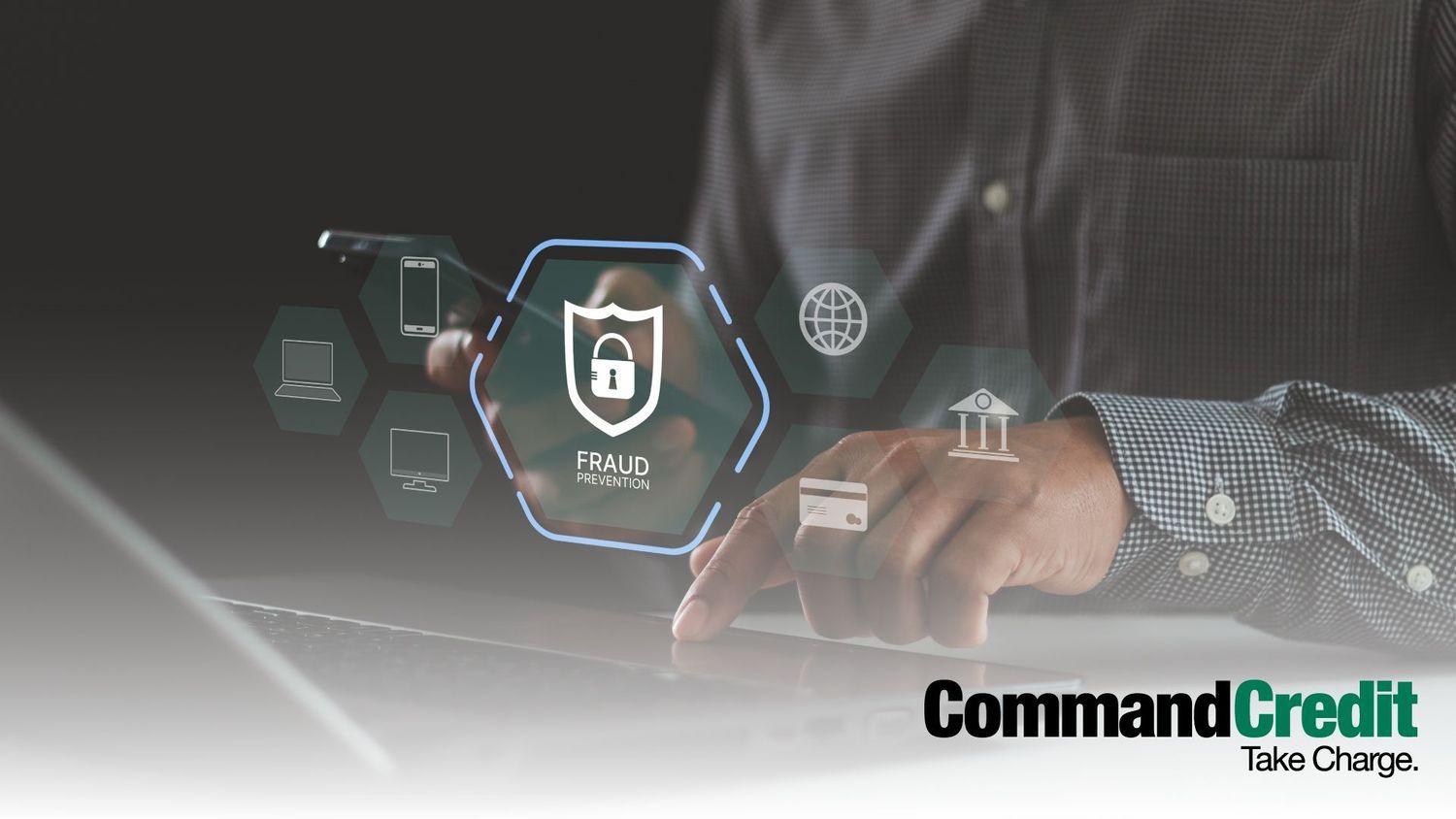In commercial propane delivery, each order represents both a physical and a financial transaction. While the propane leaves the tank in a few minutes, it might take weeks or months for you to get paid. If a customer slow-pays or defaults, it can hurt your cash flow.
For suppliers, it’s a big balancing act. You’ve got to provide good customer service while preventing business fraud proactively and managing commercial credit exposure. You need a strong credit management process and a disciplined approach to protect your propane business against losses without slowing down operations.
Credit Risk in Commercial Propane Delivery
Commercial propane suppliers often extend credit to a wide assortment of businesses in different industries: restaurants, construction companies, farms, manufacturers, and more. These accounts can carry large balances at times and typically have recurring deliveries. Repeat business is a good thing to provide recurring revenue, but it also puts you at significant risk if customers don’t pay their bills on time. Even a single high-volume account that becomes delinquent can impact your cash flow and operational budget for months. The warning signs often appear early: late or partial payments, bounced checks, sudden increases in delivery frequency, or inconsistent billing information. However, checking someone’s credit once at onboarding or waiting until bills are way past due aren’t enough to keep pace with the volume of transactions most suppliers handle.
Commercial credit management requires continuous visibility into a customer’s financial health, so you can anticipate potential problems before they hit your bottom line.
Using Commercial Credit Reports to Screen New Accounts
Before extending credit, propane companies should evaluate each commercial customer, with a verified credit report. Business credit reports provide a summary of a company’s payment history and obligations to give you better insight into risk.
By evaluating a new customer’s credit score, financial stability rating, public records like liens or judgments, and how quickly customers typically pay invoices, you can get a sense of what you’re dealing with and adjust your credit policies accordingly.
When you see that a business regularly pays 30 or more days late to other suppliers, they’re likely to treat your business the same way. By screening credit ahead of time, you get insight into how they’re likely to manage payments for their account with you. This lets you take the right action to limit your exposure.
What Payment Metrics Indicate Fuel Customer Risk?
Certain payment behaviors serve as early indicators of financial stress. When you spot these red flags in onboarding or when monitoring credit, you can spot potential problems earlier. Common warning signs include:
- Days Beyond Terms (DBT): The most direct measure of payment reliability. Customers who consistently pay late may signal future risk if cash flow tightens.
- High credit utilization: Companies that frequently use their full available credit are at greater risk of default.
- Declining credit scores: Drops in a customer’s score often reflect late payments to other vendors.
- Trade payment disputes: Frequent disputes with suppliers can be a warning sign of financial instability or poor internal management.
Preventing Business Fraud Before It Starts
According to the Association of Certified Fraud Examiners (ACFE), business fraud is on the rise. Fraudulent accounts can appear legitimate at first glance, complete with a business name, address, and tax ID, but upon closer inspection, they may use stolen or inactive EINs, fake ownership details, multiple aliases, or engage in synthetic fraud where they blend real data and fake data to mislead you.
In the propane industry, this can lead to fuel deliveries to nonexistent or misrepresented customers, with no recourse once you discover the fraud.
Solution? The best prevention starts before you extend credit. Cross-verifying customer information across multiple databases, such as state business registries, credit bureaus, and public filings, can help you confirm an entity is real and active. Mismatched details like inconsistent addresses, recent ownership changes, or newly formed businesses without trade history require further review.
Ongoing Account Monitoring: Staying Ahead of Shifts in Risk
Credit risk doesn’t end with the first delivery. A customer who paid reliably last year might encounter financial trouble this year, especially in industries affected by economic cycles. Ongoing account monitoring ensures propane suppliers aren’t blindsided by sudden changes in a customer’s creditworthiness.
Real-time alerts can notify you of:
- Credit score drops or financial stress indicators
- New liens or legal filings
- Increases in payment delays or utilization rates
When you see this information early, you can make faster adjustments to prevent collections from stacking up. Continuous monitoring turns a reactive collection process into proactive risk management.
Managing Commercial Credit Risk and Preventing Business Fraud
Protecting your business requires vigilance and discipline. Every new customer must be screened. Existing customers need regular reviews. You need ongoing monitoring to catch problems before they escalate.
Command Credit can help, providing instant on-demand business credit reports, verification, and ongoing credit monitoring to mitigate your risk and help you make better credit decisions.
Contact Command Credit today. See how the right commercial credit data can help protect your bottom line.

